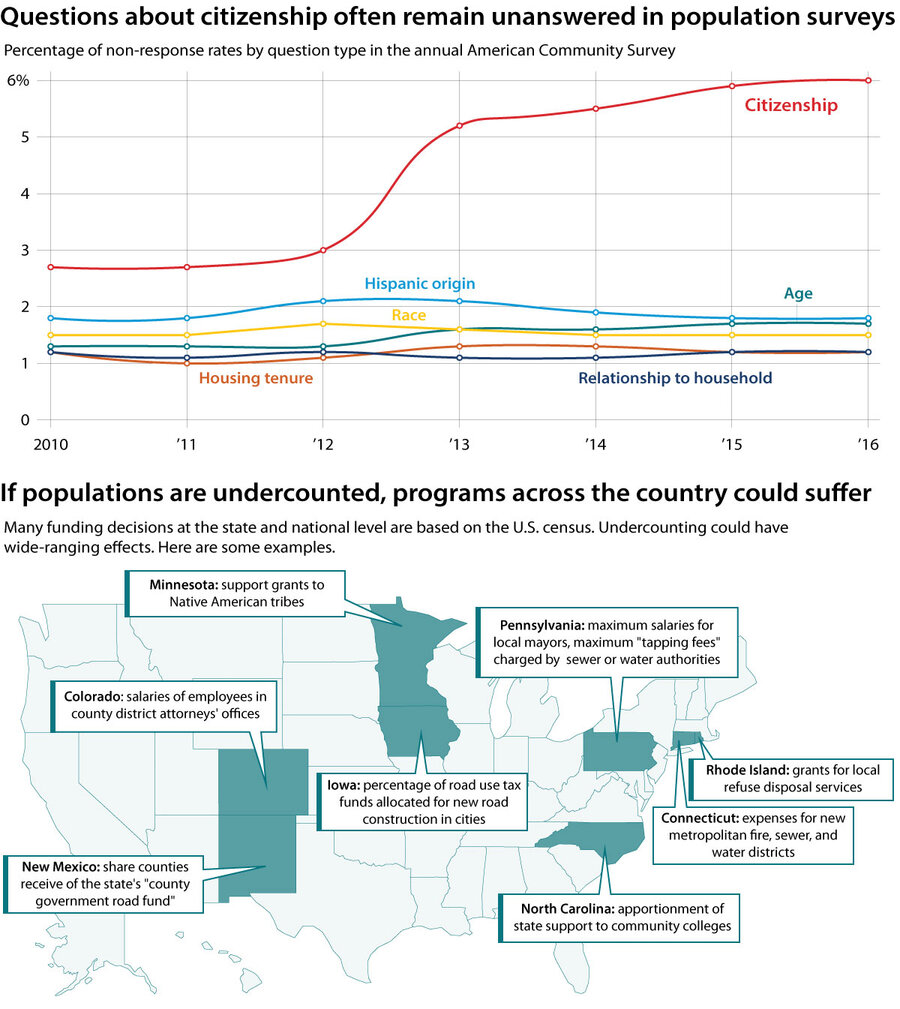Twenty years after the Columbine massacre, a Monitor reporter reflects on that day and how it has changed society from her perspective as a former Colorado high school teacher, an education reporter, and a parent.
Monitor Daily Podcast
- Follow us:
 Mark Trumbull
Mark Trumbull
Opportunity zones are an old idea with a good motive – to leave no community behind on jobs and well-being. Back in the 1980s, Republican Jack Kemp of geographically targeted tax breaks to revive downtrodden communities. Now the idea is gaining fresh life.
Why now? One from the Hamilton Project in Washington puts it this way: “For much of the 20th century, the large gaps between regions were closing as poorer places grew faster, converging with higher income locations. Since around 1980, though, that convergence has stopped, leaving sizable gaps in economic outcomes across places.”
The challenge is seen in ailing rural towns, urban neighborhoods that have become job deserts, and the way some large cities lag behind others in vitality. On the flip side, it’s visible in the controversy generated when tax breaks are targeted toward the already successful – like Amazon and its foray into New York and the ensuing about-face.
, localized tax incentives have bipartisan appeal. President Donald Trump touted an feature of his tax-cut law at in Washington. “That’s bread on the table. That’s meat in somebody’s kitchen,” said Democratic Mayor George Flaggs of Vicksburg, Mississippi. The measure helped repurpose one old factory in his city.
More broadly, both liberals and conservatives are exploring “place-based” solutions that can range from government investments in infrastructure or education to local leaders redefining their community’s niche in the wider economy. Sometimes philanthropy is a lever of change, as the Monitor’s Simon Montlake has reported from Tulsa, Oklahoma. Don’t miss the finale of his series tomorrow.
Now to our stories for today, including how church is being drawn into the Russia-Ukraine conflict, a journalist who changed perceptions in South Africa, and help for animals caught up in war.












